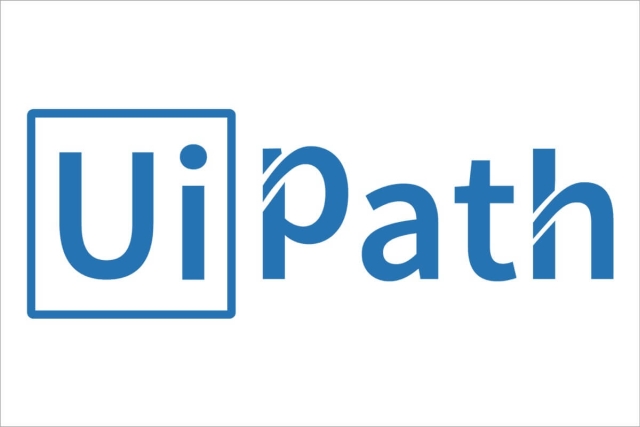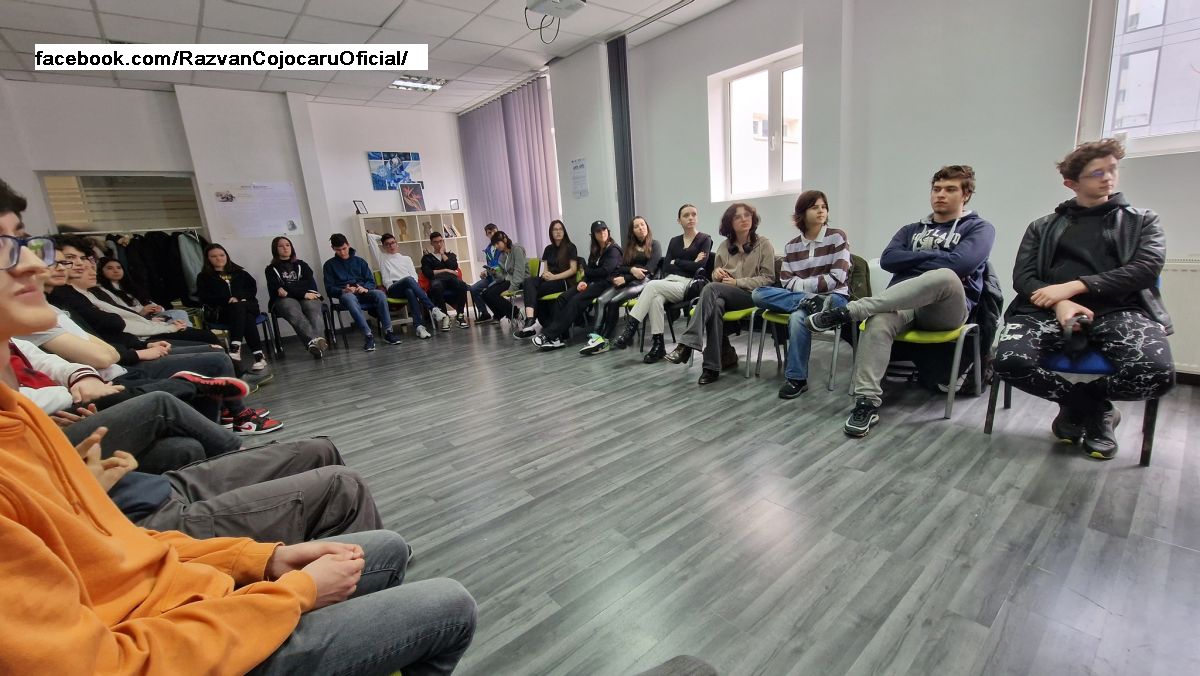The Romanian Unicorn
In the business language a unicorn is a startup company valued over 1 billion dollars

Ana-Maria Cononovici, 16.04.2019, 14:58
A Romanian software company, which obtained 153
million USD worth of funding in March 2018 and was evaluated at 1 billion
dollars, claimed the status of the first unicorn to have risen in Romania.
Because that’s what unicorn means on the business market.
The name of the company is UiPath and was founded
in Bucharest in late 2005. Meanwhile, the company expanded and at present it
has offices in Romania, India, Great Britain and the USA.
UiPath, leader of an era called Automation
First, has been promoting the concept known as a robot for each and every
person. UiPath has recently launched the Immersion lab in Bucharest. It is a
lab enabling clients and Romanian startups partners to test scenarios of
automatic administrative processes, also enabling them to see for themselves
how Robotic Process Automation (RPA) and Artificial Intelligence ( AI) solutions
work.
The testing lab will also make it possible for
clients and partners to test the RPA and AI optimal implementations through
simulations and demonstrations. The Immersion Lab also gives clients and
startup partners the opportunity to expand the implementation possibilities for
their own automation solutions beyond existing functionalities.
Razvan Atim is the company’s sales manager for
Eastern Europe. He told us how it all started.
Razvan
Atim: The
Immersion Lab has been thought out as a fresh perspective and as some sort of
reflection of the future. Everything revolves around Daniel Dines, a software
engineer, who, after having spent 5 years with Microsoft, returned in Romania in
2004 and got the idea of starting this automation business. Initially, we
offered a library to other programmers, for the automation of a series of
business processes. And, since we had a sound technology which was also
operational for them, Microsoft, IBM, Panasonic were among our clients.
Interestingly enough, one of our competitors today was, in the past, one of our
clients. We were the only providers back then; over 2008 and 2011 we sold them
the automation library.
The mission of the company shaped up along the
way. Speaking about that, here is Eastern Europe Sales manager Razvan Atim once
again.
Razvan
Atim: We had
this idea all along, we were some sort of visionary people, the idea of
creating an ideal job where people could feel at ease and enhance their
capacity, so that they can do what they’re best at doing. So since 2012 we have
had the first interaction on a more serious project with a consultant from
India, an automation project for 100 computers. It came out as a success, which
for us opened the perspective to do more, also tying in with robotic
automation which started gaining ground in 2015, becoming more visible on the
market. Practically, since we had the automation solution, we have come up with
an interface, also with Microsoft technology, to help businesspeople create
those virtual robots, to actually automate the repetitive business processes.
Razvan
Atim, sales manager for Eastern Europe, also told us.
Razvan Atim:
Immersion Lab is an innovation lab.
Basically, today automation comes down to a number of processes that are
already known. You know the exact steps in each process, you must have clear
rules, successive steps, the same thing must happen every time; it is a manual
repetitive process. The next level uses smart technologies added over this
robotic process automation core. This is what we do, this machine learning
part, which helps us create models based on the process that takes place in the
human mind. It helps make predictions about the future based on a substantial
collection of stories about the respective process. The future of Immersion Lab
is basically a reflection of what this technology will mean in the future, of
how these robots will be able to replicate human activity. They will be able to
look at a computer screen like humans do, and understand the elements on the
screen, understand that it is an editable field, that they must add
information, or text. They will be able to understand all these things without
any help.
If
a client has a complaint, for instance, the robot understands the complaint and
refers it to the relevant department, Razvan Atim told us, and added.
Razvan Atim:
What we do is innovate artificial
intelligence in all these sub-sets that develop the automation capacity in
business, in order to provide these extended benefits to the clients. So
basically our ultimate goal is to produce such a capable technology as to have
a robot that thinks and imitates human thinking. It will not innovate, it will
not have our kind of imagination, but it will cover a very broad range of
business processes, especially the repetitive ones, especially in areas that
are resource-consuming and that we want to improve. Why do this? First in order
to help, in order to help people get free of this monotonous, routine part of
their work, which brings humans no value. Sitting on a chair and introducing
data in Excel is a task for a robot, something that does not require any
thinking at all.
Razvan
Atim, sales manager for Eastern Europe, also assures us that
Razvan Atim: There is this understanding that robots
will come and take away people’s jobs. What robots will do is ease our work,
let us off from things that we don’t need to do, things that should no longer
be a task for human minds. They will allow us to use our brains at full
capacity, given that life is short, time is precious and we should spend it
doing something that is important to us.
The
investment in Immersion Lab was around half a million euros.






























